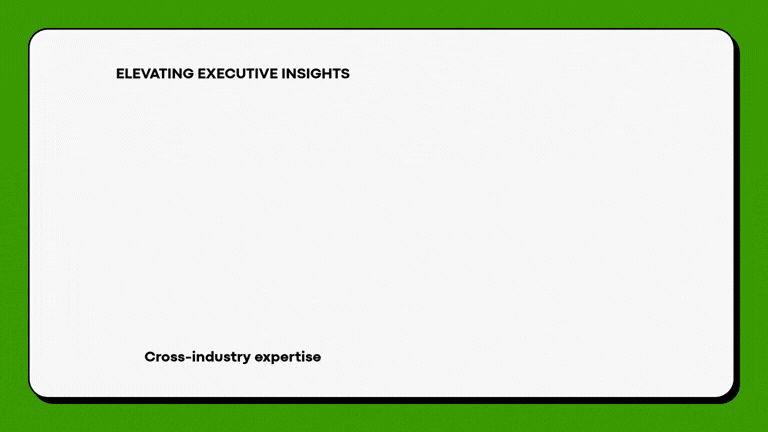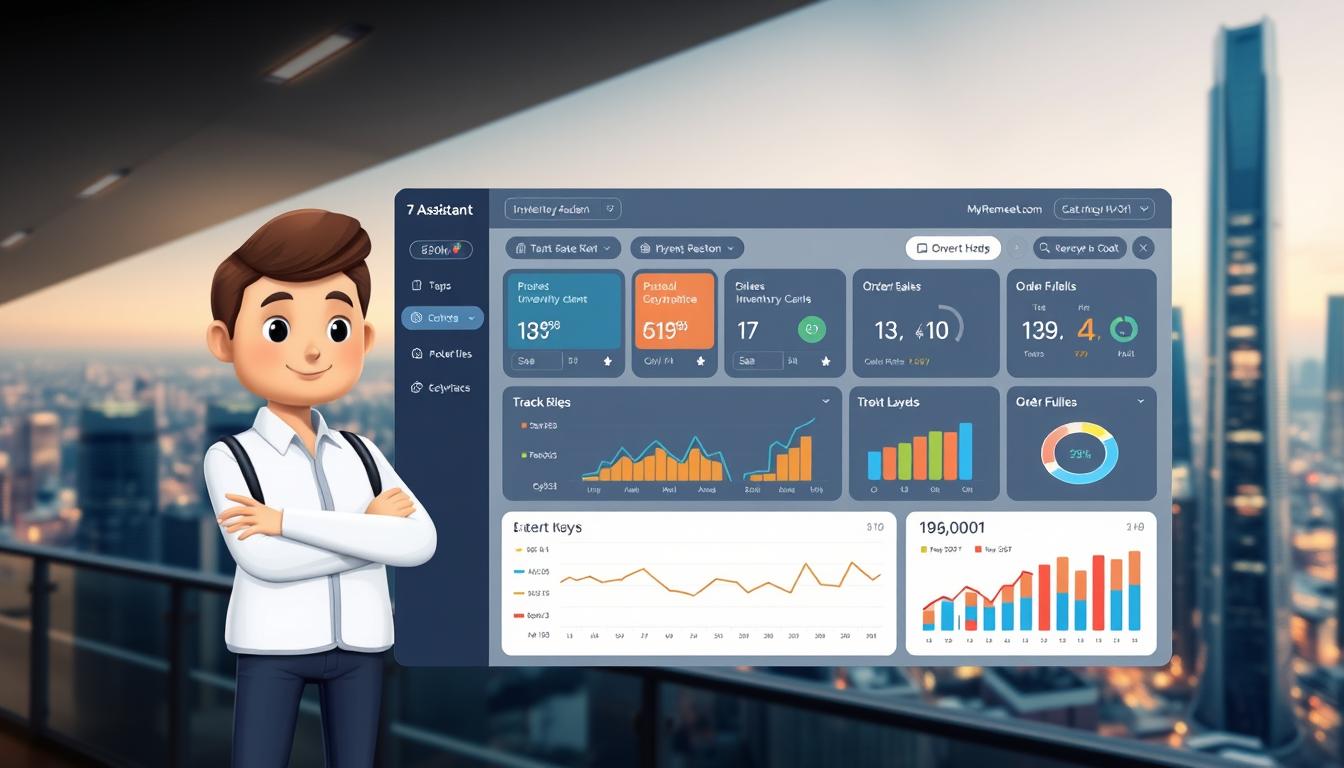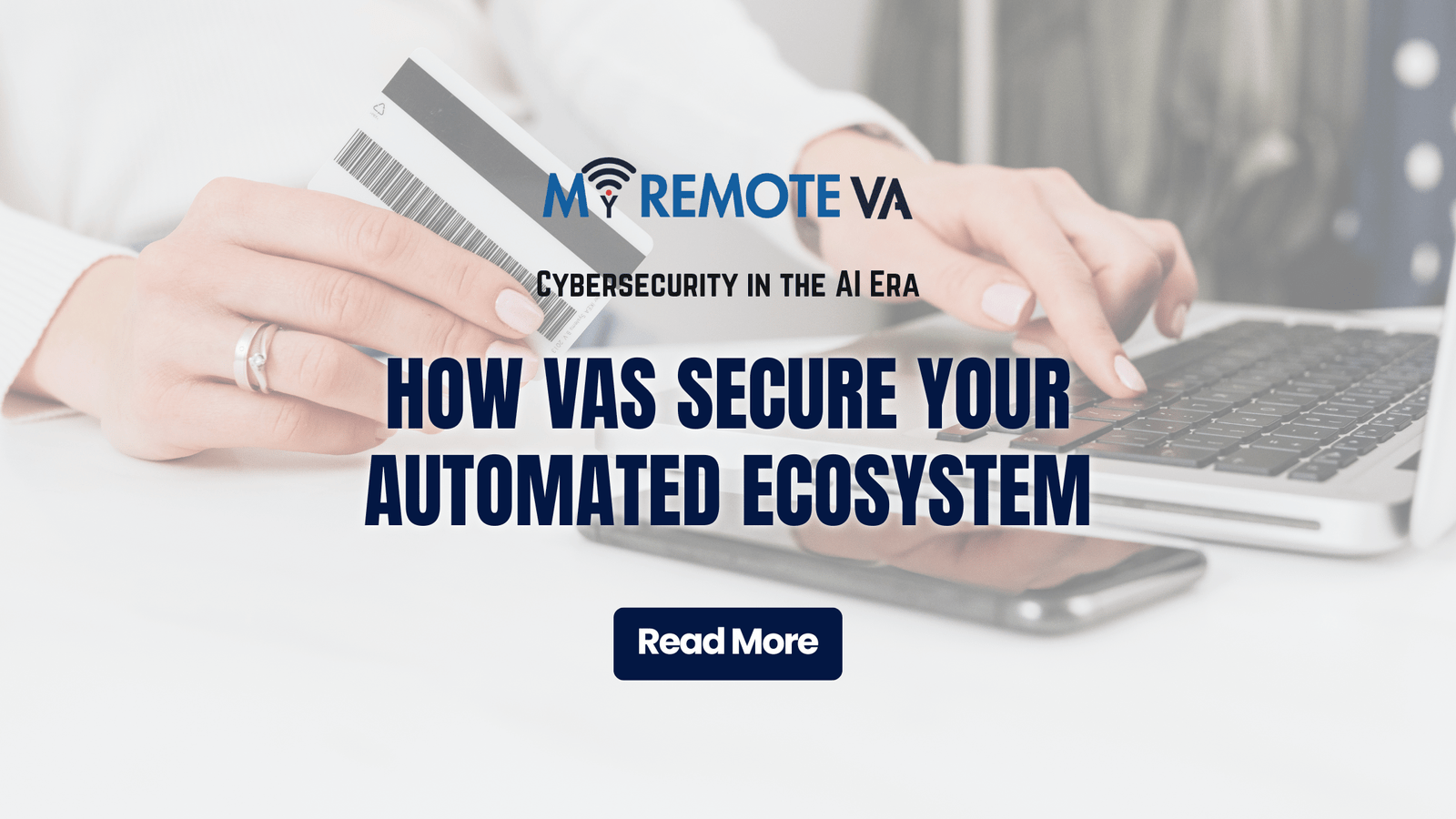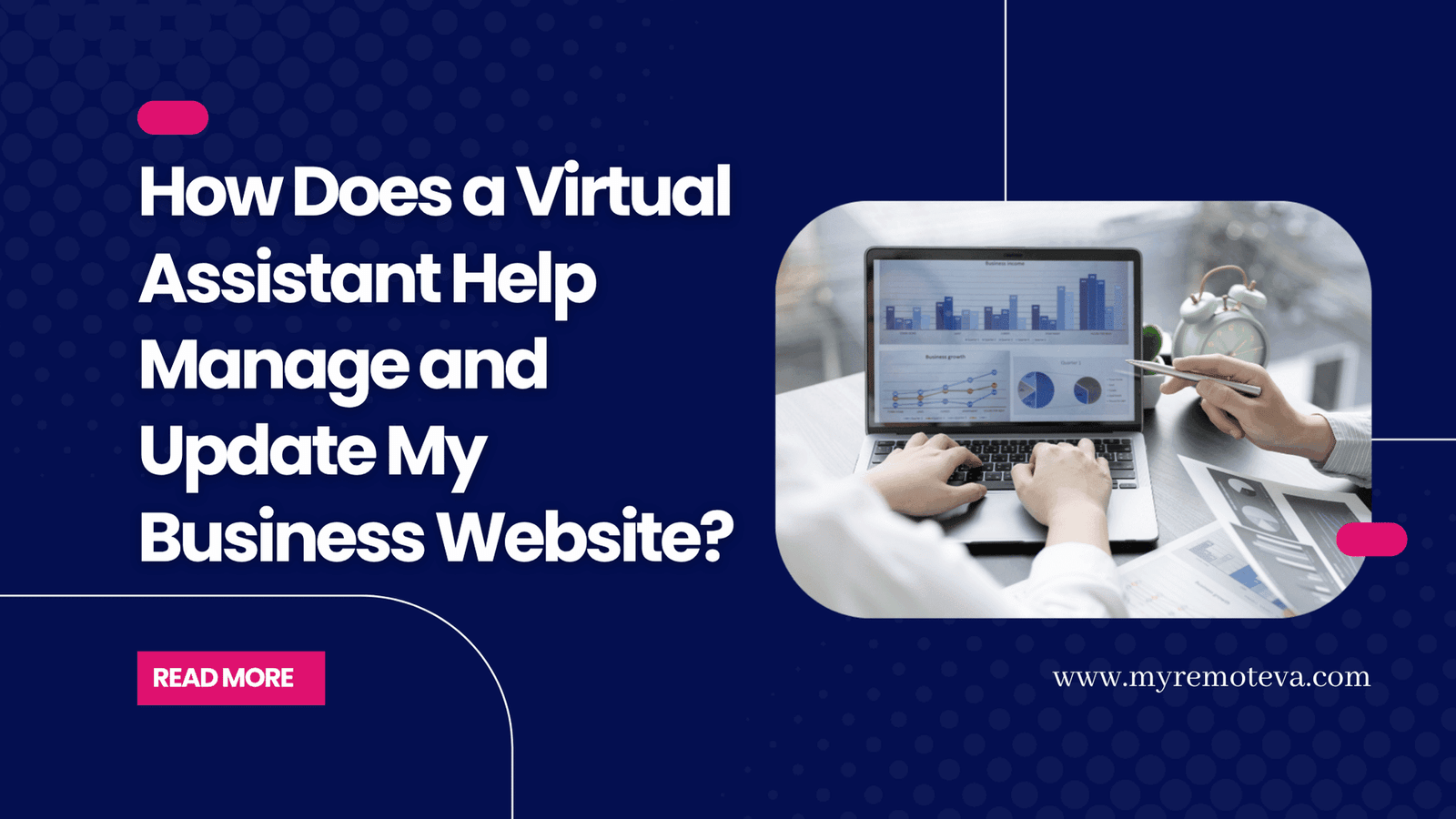Finding the right virtual assistant (VA) to manage your social media marketing can significantly boost your real estate business. A skilled VA can free up your time to focus on client interactions and closing deals. However, not all VAs are created equal. Here’s what to consider when hiring a remote VA for social media marketing:
- I. Introduction: The Growing Importance of Social Media for Real Estate
- II. Key Skills and Experience to Look For
- III. Assessing Candidates During the Hiring Process
- IV. Current Market Signals (Last Month - USA, UK, New Zealand, Singapore, Australia, UAE)
- V. Onboarding and Management
- VI. Conclusion: Investing in the Right VA for Social Media Success
- VII. FAQ: Frequently Asked Questions
Essential Skills and Experience
- Social Media Platform Expertise: The VA should be proficient in the platforms relevant to your target audience (e.g., Facebook, Instagram, LinkedIn, TikTok). They should understand the nuances of each platform’s algorithms and best practices.
- Content Creation: Look for someone who can create engaging and relevant content, including writing compelling captions, designing eye-catching graphics, and editing short videos. This could involve creating property listings, neighborhood spotlights, client testimonials, or real estate market updates.
- Community Management: A good VA can actively engage with your online community, respond to comments and messages, and build relationships with potential clients. They need excellent communication and interpersonal skills.
- Social Media Advertising: If you plan to run paid social media campaigns, the VA should have experience with setting up, managing, and optimizing ad campaigns on platforms like Facebook Ads Manager.
- Analytics and Reporting: The VA should be able to track key performance indicators (KPIs) such as engagement, reach, and website traffic. They should provide regular reports and use data to improve your social media strategy.
Beyond Skills: Important Qualities
- Communication Skills: Clear and consistent communication is crucial for a successful remote working relationship. The VA should be responsive, proactive, and able to articulate their ideas effectively.
- Reliability and Organization: A reliable VA will meet deadlines, manage their time effectively, and stay organized. Ask about their systems for tracking tasks and staying on schedule.
- Proactivity and Initiative: The best VAs don’t just follow instructions; they take initiative and offer creative ideas to improve your social media presence. They should be able to identify opportunities for growth and suggest new strategies.
- Real Estate Knowledge (Bonus): While not always essential, a VA with some understanding of the real estate industry can be a significant asset. They’ll be better equipped to create relevant content and engage with your target audience.
Considering Different VA Support Models
When exploring your options, consider different virtual assistant support models. Some services offer flexible hourly plans, allowing you to delegate tasks on an as-needed basis. This can be a good option if your social media needs vary from month to month. Other services offer dedicated plans, providing you with a consistent VA who can become deeply familiar with your brand and business.
Before making a decision, be sure to thoroughly vet potential candidates, check references, and review their portfolios. A well-chosen VA can be a valuable asset to your real estate team, helping you attract new clients and grow your business.
I. Introduction: The Growing Importance of Social Media for Real Estate
In today’s digital age, social media has become an indispensable tool for real estate brokers. It’s no longer optional; it’s a critical component of a successful marketing strategy. Social media platforms allow brokers to reach a wider audience, build brand awareness, generate leads, and ultimately, close more deals.
Consider these data-backed insights:
- A significant percentage of home buyers begin their search online, often turning to social media to discover properties and connect with real estate professionals .
- Social media provides a cost-effective way to target specific demographics and geographic areas, ensuring that marketing efforts are reaching the most relevant potential clients .
- Engaging content on platforms like Facebook, Instagram, and LinkedIn can establish brokers as trusted experts, fostering stronger relationships with clients and prospects .
However, managing a robust social media presence requires significant time and effort, something that many busy real estate brokers struggle to dedicate. This is where the strategic advantage of hiring a remote virtual assistant (VA) for social media marketing comes into play. By delegating social media tasks to a skilled VA, brokers can free up their time to focus on core business activities, such as client meetings, property showings, and negotiations.
The increasing reliance on digital marketing and social media by real estate businesses has meant that brokers need help managing their online presence. This assistance often takes the form of a virtual assistant who can focus on all marketing aspects of the business, freeing up the broker to concentrate on the core areas. These brokers require VAs who will manage all social media-related tasks, freeing them up to focus on crucial aspects of the business.
II. Key Skills and Experience to Look For
Hiring a remote virtual assistant (VA) for social media marketing requires careful consideration of their skill set and experience. You need someone who can not only execute tasks but also understand the nuances of the real estate market and your brand.
A. Social Media Marketing Expertise
The most crucial aspect is, of course, demonstrable social media marketing skills. Look for candidates who:
- Understand Social Media Platforms: They should be familiar with various platforms like Facebook, Instagram, LinkedIn, Twitter (X), and potentially TikTok, and understand how each platform is best used for real estate marketing. They should also be able to tailor content to suit each platform.
- Content Creation Proficiency: They should be able to create engaging content, including eye-catching graphics, compelling captions, and video scripts. Knowing how to use Canva or similar design tools is a plus.
- Social Media Management Tools: Experience with social media scheduling and management tools (like Hootsuite, Buffer, or Later) is essential for efficient content planning and execution.
- Analytics and Reporting: They should be able to track social media metrics, analyze performance, and provide reports on engagement, reach, and lead generation. Understanding key performance indicators (KPIs) for social media marketing is vital.
- Ad Campaign Management: Ideally, they should have experience in running paid social media campaigns (Facebook Ads, Instagram Ads, LinkedIn Ads) to reach a wider audience and generate leads.
B. Real Estate Industry Knowledge
A VA with knowledge of the real estate industry will be able to quickly grasp your brand’s messaging and target audience.
- Understanding of the Market: They should have a basic understanding of real estate terminology, market trends, and the buying/selling process.
- Compliance Knowledge: Real estate marketing is subject to regulations. Your VA should be aware of fair housing laws and advertising guidelines.
- Target Audience Understanding: They should be able to identify and understand your target audience (e.g., first-time homebuyers, luxury buyers, investors) and tailor content accordingly.
C. Communication and Organizational Skills
Effective communication is paramount for successful remote collaboration. Look for:
- Excellent Written Communication: They need to be able to write clear, concise, and engaging social media posts and captions.
- Responsiveness and Availability: They should be responsive to your messages and able to meet deadlines consistently.
- Organizational Skills: They need to be highly organized to manage multiple tasks, track progress, and prioritize effectively.
- Proactive Communication: The best VAs proactively communicate updates, challenges, and suggestions.
D. Technical Proficiency
While not always a necessity, some technical skills can be incredibly valuable.
- CRM Knowledge: Familiarity with popular CRM systems used in real estate can be beneficial for lead management and follow-up.
- Video Editing Skills: Basic video editing skills can allow them to create engaging video content for social media.
- Website Management: Basic knowledge of website platforms (e.g., WordPress) can be helpful for updating social media links on your website.
III. Assessing Candidates During the Hiring Process
Hiring a remote virtual assistant (VA) for social media marketing requires a strategic approach. Beyond the initial screening, effectively assessing candidates is crucial to ensure a successful partnership. This involves evaluating their skills, experience, and work ethic in a virtual environment.
A. Evaluating Social Media Marketing Expertise
Don’t just rely on resumes. Dig deeper into their practical experience. Ask for specific examples of campaigns they’ve run, results they’ve achieved (including metrics like engagement, reach, and lead generation), and the tools they’re proficient in. A strong VA will be able to articulate their strategies and demonstrate a clear understanding of social media marketing principles tailored for the real estate industry.
* **Portfolio Review:** Request a portfolio of past social media work. This could include sample posts, campaign reports, or examples of content they’ve created. This provides tangible evidence of their skills and creative abilities. * **Case Studies:** Ask them to walk you through a specific social media challenge they faced and how they resolved it. This demonstrates their problem-solving skills and ability to adapt to different situations. * **Platform Knowledge:** Ensure they’re proficient with the social media platforms relevant to your target audience. This might include Facebook, Instagram, LinkedIn, TikTok, or even niche platforms depending on your local market.
B. Assessing Communication and Collaboration Skills
Clear and consistent communication is paramount when working with a remote VA. You need someone who can understand your instructions, ask clarifying questions, and proactively keep you updated on their progress.
* **Written Communication:** Evaluate their writing skills through email correspondence and sample social media copy. Look for clarity, grammar, and a professional tone. * **Verbal Communication:** Conduct video interviews to assess their verbal communication skills and ability to articulate their ideas clearly. * **Collaboration Tools:** Ask about their experience using project management tools like Asana, Trello, or similar platforms. Comfort with these tools will streamline workflow and ensure seamless collaboration.
C. Evaluating Time Management and Organizational Skills
Remote work requires strong self-discipline and organizational skills. Your VA needs to be able to manage their time effectively, prioritize tasks, and meet deadlines without constant supervision.
* **Time Management Techniques:** Inquire about their preferred time management techniques and how they stay organized when juggling multiple tasks. * **Task Prioritization:** Present them with a hypothetical scenario involving several competing tasks and ask them to explain how they would prioritize and manage their workload. * **Proactive Communication:** Gauge their ability to proactively communicate potential delays or challenges and offer solutions.
D. Technical Proficiency
Social media marketing often involves using various software and tools. Assess the candidate’s comfort level and experience with commonly used platforms.
* **Graphic Design Software:** Basic familiarity with tools like Canva is often necessary for creating visually appealing content. * **Social Media Scheduling Tools:** Experience with platforms like Buffer, Hootsuite, or Later is essential for efficient content distribution. * **Analytics Tools:** Knowledge of social media analytics dashboards and the ability to interpret data to track performance and optimize campaigns is highly valuable.
IV. Current Market Signals (Last Month – USA, UK, New Zealand, Singapore, Australia, UAE)
Understanding the current social media landscape in key markets can help real estate brokers prioritize skills when hiring a remote virtual assistant. While precise, real-time data is always fluctuating, here are general trends to consider based on typical market behavior and shifts in social media usage:
USA
The US market is heavily driven by visual content. Real estate brokers should look for VAs proficient in creating compelling property videos and engaging Instagram Reels. Paid advertising experience on platforms like Facebook and Instagram is highly valuable, along with skills in community management and responding to inquiries effectively. Knowledge of local market trends and neighborhood-specific content is crucial.
UK
In the UK, a strong understanding of property portals and their integration with social media is important. VAs should be adept at crafting engaging text-based content, alongside visual assets. Given the emphasis on historical properties and unique architectural styles, experience in creating visually appealing narratives that highlight these features is an asset. Proficiency in platforms like Twitter for real-time engagement and LinkedIn for professional networking is also beneficial.
New Zealand
New Zealand’s real estate market often emphasizes lifestyle and outdoor living. VAs with experience in showcasing properties in their natural settings, capturing stunning landscape photography, and creating virtual tours are highly desirable. Content focused on community events and local attractions can also be highly engaging. Instagram and Facebook are key platforms to target, with an emphasis on high-quality visuals.
Singapore
Given Singapore’s high population density and competitive market, VAs need to be highly skilled in creating targeted advertising campaigns that stand out. Proficiency in platforms like Facebook, Instagram, and LinkedIn is necessary to reach the desired demographic effectively. Emphasis on property features, amenities, and investment potential is crucial. Multilingual capabilities and an understanding of local cultural nuances are also valuable.
Australia
Similar to New Zealand, the Australian market benefits from visually driven content showcasing the outdoor lifestyle and desirable locations. VAs proficient in creating high-quality photography, virtual tours, and video content are in high demand. Facebook and Instagram are popular platforms, along with LinkedIn for professional networking. Understanding of local market variations and community events is key.
UAE
The UAE real estate market often focuses on luxury properties and investment opportunities. VAs with experience in creating visually stunning content that highlights the unique features and amenities of high-end properties are highly sought after. Proficiency in platforms like Instagram, YouTube, and LinkedIn is necessary. Understanding of different cultural demographics and multilingual capabilities are highly valued.
In all these markets, it’s essential for the virtual assistant to be proactive in identifying and leveraging emerging social media trends. Consider VAs with experience in creating short-form video content (TikTok, Instagram Reels) as these have become increasingly popular for reaching a wider audience. Strong communication skills, organizational capabilities, and the ability to work independently are also essential for effective remote collaboration.
V. Onboarding and Management
Successfully integrating a remote social media VA into your real estate business requires a well-structured onboarding and ongoing management process. This ensures they understand your brand, your goals, and how to effectively execute your social media strategy.
Key Considerations for Onboarding:
- Comprehensive Training: Don’t assume your VA is immediately familiar with your real estate niche or specific market. Provide detailed training on your target audience, branding guidelines (tone, voice, visuals), and preferred social media platforms.
- Platform and Tool Access: Securely grant access to necessary social media accounts, scheduling tools, graphic design software (like Canva), and any other relevant platforms. Implement strong password management practices.
- Clear Communication Channels: Establish preferred communication channels (e.g., Slack, email, project management software) and response time expectations. Ensure your VA understands how to escalate issues or ask for clarification.
- Defined Roles and Responsibilities: A crystal-clear job description outlining specific tasks, performance metrics (e.g., engagement rates, lead generation), and reporting requirements will prevent confusion and set expectations for success.
- Brand Immersion: Immerse your VA in your brand’s story, values, and culture. Share examples of past successful campaigns and explain the rationale behind your marketing decisions.
Effective Management Strategies:
- Regular Check-ins: Schedule regular meetings (weekly or bi-weekly) to discuss progress, address challenges, and provide feedback. This allows you to stay informed and offer support as needed.
- Performance Monitoring: Track key performance indicators (KPIs) to measure your VA’s effectiveness. This might include follower growth, engagement rates (likes, comments, shares), website traffic from social media, and lead generation.
- Constructive Feedback: Provide regular and constructive feedback, highlighting both strengths and areas for improvement. Encourage open communication and a willingness to learn.
- Clear Task Delegation: Break down large projects into smaller, manageable tasks with clear deadlines. Utilize project management tools to track progress and ensure accountability.
- Process Documentation: Document all social media processes and workflows. This creates a consistent and repeatable system, making it easier to train new team members or cover for absences.
- Invest in their Growth: Provide opportunities for professional development, such as online courses or webinars, to enhance their social media marketing skills. This demonstrates your commitment and helps them stay up-to-date with industry trends.
By prioritizing thorough onboarding and implementing effective management strategies, you can maximize the value of your remote social media VA and achieve your real estate marketing goals.
VI. Conclusion: Investing in the Right VA for Social Media Success
Hiring a remote virtual assistant for social media marketing can be a game-changer for real estate brokers. By carefully considering the qualities and skills outlined in this guide, brokers can confidently select a VA who will contribute significantly to their online presence and ultimately, their business growth. The right VA is not just an assistant; they are a strategic partner who helps you amplify your message and connect with your target audience.
Remember, a well-defined role and clear communication are crucial for a successful VA-broker relationship. Start by identifying your specific needs and desired outcomes. Do you need help with content creation, community engagement, social media advertising, or analytics tracking? Once you know what you’re looking for, you can more effectively assess potential candidates.
Ultimately, the investment in a skilled and reliable social media VA pays off in increased brand visibility, lead generation, and a stronger connection with your target audience. It’s about freeing up your time to focus on what you do best: closing deals and serving your clients.
Finding the Right Fit
Beyond skills, consider the VA’s personality and work ethic. A proactive and communicative VA who aligns with your brand values will be a valuable asset to your team. Don’t hesitate to conduct thorough interviews and ask for samples of their work to gauge their abilities and creativity.
Setting Clear Expectations and Providing Support
For your VA to be a great match, you should provide clear guidance and support, as well as set clear expectations. Remember, delegating tasks effectively and providing regular feedback are essential for maintaining a productive and successful working relationship.
VII. FAQ: Frequently Asked Questions
What skills are most important in a social media marketing VA for real estate?
Key skills include a strong understanding of social media platforms (Facebook, Instagram, LinkedIn, etc.), content creation (writing, image selection, video editing), graphic design basics, ad campaign management, audience engagement, and data analytics. They should also possess excellent communication and organizational skills to effectively manage your social media presence and report on results. Experience with real estate-specific tools and platforms is a plus.
How much experience should my real estate social media VA have?
The ideal experience level depends on your needs and budget. Entry-level VAs can handle basic tasks like scheduling posts and engaging with comments. More experienced VAs can develop and implement comprehensive social media strategies, manage ad campaigns, and analyze performance data. Consider your current needs and future goals when determining the required experience level.
What are the key performance indicators (KPIs) I should track for my VA’s social media efforts?
Important KPIs to track include follower growth, engagement rate (likes, comments, shares), website traffic from social media, lead generation, and conversion rates from social media campaigns. Tracking these metrics will help you assess the effectiveness of your VA’s work and make data-driven decisions to optimize your social media strategy.
How can I ensure my VA understands my brand and target audience?
Provide your VA with a detailed brand guide outlining your brand voice, values, and visual identity. Clearly define your target audience and provide insights into their demographics, interests, and online behavior. Regularly communicate with your VA to provide feedback and ensure they are aligned with your brand and audience.
What’s the best way to communicate with my remote social media VA?
Establish clear communication channels and expectations. Use a project management tool to assign tasks, track progress, and share feedback. Schedule regular check-in meetings via video conferencing or phone to discuss strategy, review performance, and address any challenges. Consistent and transparent communication is crucial for a successful remote working relationship.
How can I protect my company’s information when working with a remote VA?
Implement security measures to protect sensitive data. Use secure file-sharing platforms, require strong passwords, and conduct regular security audits. Consider using a virtual assistant service that provides background checks and security protocols to ensure the safety of your data. Clearly define confidentiality agreements and expectations with your VA.
How do I handle task management and ensure accountability with a remote VA?
Utilize project management software to assign tasks, set deadlines, and track progress. Break down large projects into smaller, manageable tasks. Regularly review your VA’s work and provide constructive feedback. Establish clear accountability metrics and expectations to ensure tasks are completed accurately and on time. Consider using time-tracking tools to monitor work hours and productivity.
What are the benefits of using a managed virtual assistant service?
Managed virtual assistant services provide expert support and often include a dedicated supervisor who manages the VA, shift, processes, and reporting. This can free up your time and ensure quality control. Managed services often offer flexible hourly and team-based plans allowing you to delegate a variety of tasks including admin, tech, customer support, marketing, and creative tasks.











